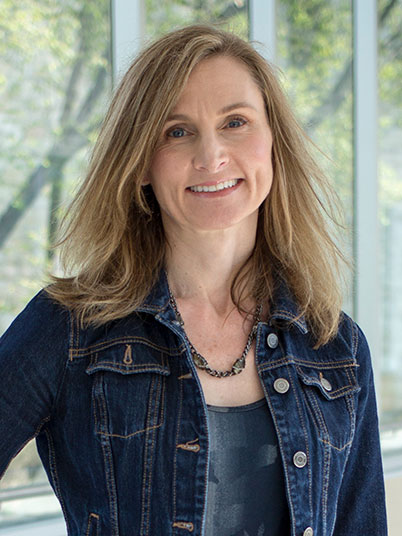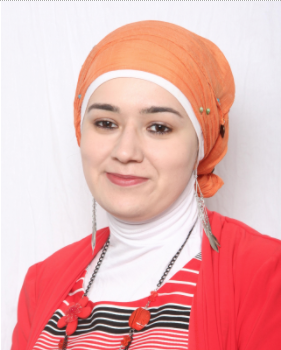Why graduate transformative skills?
Increasingly, graduate and postdoctoral students are finding employment outside academia. The key skills required for employment within and outside academia include many of the things valued in graduate programs, such as building a well-developed argument, making ethical decisions, and working independently. Sometimes students cannot identify or describe the skills they have acquired or require opportunity to develop skills that are not learned within their graduate and postdoctoral degrees. The Gwenna Moss Centre for Teaching and Learning (GMCTL) funded a faculty fellow, Dr. Loleen Berdahl, to study the needs for graduate student professional skill development at USask and recommend next steps.Project structure
Outcomes
- Identify perceptions of USask graduate students and faculty regarding the skills needed by graduate students;
- Clarify best practices for graduate career skills training offered at comparable institutions;
- Produce knowledge mobilization products produced with the USask Office of Research Profile and Impact.
Partners
The College of Graduate and Postdoctoral Studies (CGPS) and the Gwenna Moss Centre for Teaching and Learning (GMCTL) were the two main partners in sponsoring this work. This project had the support of the Office of Research Profile and Impact, and the cooperation of the University of Saskatchewan Graduate Students’ Association (GSA).
Key findings
Key findings through the survey
- Faculty and graduate students agree that certain skills are important to be developed within the program.
- The level of confidence the skills are acquired is generally lower than the ranking of importance.
- Graduate students are anxious about their future career.
- Graduate students currently participate in career skills training.
- Graduate students indicate they want more opportunities.
- Graduate students indicate they are too busy to pursue any additional training.
- >80% of faculty and graduate students agree that programs should explicitly build the development of career skills into the curriculum.
- Faculty are more likely that students to expect students to pursue professional development on their own time.
- There is a lack of awareness of internal and external offerings and uncertainty about the quality.
- 86% of faculty feel well-equipped to help graduate students prepare for careers while only 55% of students agree.
- Faculty are interested in strengthening their supervision skills through training and contributing to career skills development for students.
Key practices
From synthesis of survey and focus groups
- Adopt a hub and spoke model, guided by a coordinated cross-campus team, with the hub located within the College of Graduate and Postdoctoral Studies.
- Establish and consult an external advisory group.
- Develop a clear, focused framework with few categories.
- Establish completion records that ladder into a micro-credential.
- Establish a mix of elective program formats, timed around graduate students’ pragmatic needs.
- Use effective pedagogy within training programs and workshops, including skill training and application, community building, and reflection.
- In addition to interactive in-person and online programs, provide open access online resources.
- Provide sufficient staff resourcing to support university-level graduate career skills training.
- Engage units and faculty through communication and innovative collaboration.
- Measure effectiveness and continue to adapt.
For more details:
- View complete report and descriptions of each recommendation.
- View focus group summary.
Project team

Dr. Berdahl is a professor at USask. When the project started, she was the head of the USask Department of Political Studies. Currently Dr. Berdahl is the Executive Director of the Johnson Shoyama Graduate School of Public Policy (JSGS). She has an active research agenda examining the embedding of career skills training into undergraduate and graduate programs.
Inspired by her background working outside academia, Dr. Berdahl is committed to helping students recognize and develop career-relevant skills that employers and society need. She is the principal investigator on a SSHRC Insight project examining doctoral professional development, and her most recent book is Work Your Career: Get What You Want From Your Social Sciences or Humanities PhD (2018, University of Toronto Press; co-author J. Malloy).
Dr. Berdahl led the process of data collection and sharing.

Naheda Sahtout completed her B.Sc. (Honours) in Biology from the University of Waterloo, M.Sc. in Molecular and Cellular Biology from the University of Guelph, and Ph.D. in Chemistry from the University of Saskatchewan.
She developed a strong interest in STEM outreach and finding innovative and creative ways of bringing STEM to rural and Indigenous communities during her graduate programs, and is an advocate for better equity, diversity, inclusion, and accessibility in STEM graduate education. She also found her passion in enhancing graduate education and as a student leader worked hard to strengthening the student-supervisory relationship, finding more resources for graduate students, increasing the networking opportunities for graduate students with non-academic partners, and working on initiatives that prepare graduate students for non-academic careers. Naheda is the former president of the University of Saskatchewan Graduate Students’ Association.- Wenona Partridge, Educational Development Specialist, Gwenna Moss Centre for Teaching and Learning
- Dr. Wendy James, Manager, Professional and Curriculum Development, Gwenna Moss Centre for Teaching and Learning
- Dr. Nancy Turner, Director, Teaching and Learning Enhancement